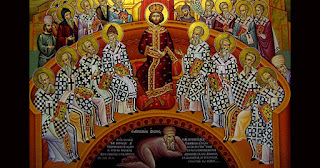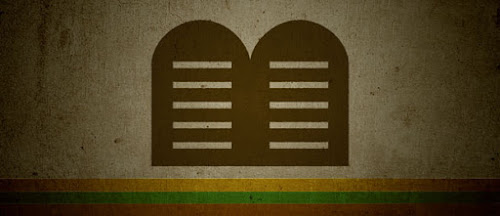The Dangers of Arianism

If we look back through church history, we see many pivotal points where the orthodoxy of the scripture comes into a head on collision with false teaching. From a door in Wittenberg, to the battle of inerrancy in the late 20 th century. While the church has dealt with false teaching from the beginning, a major force shook the church in the 3 rd century. As Gonzalez points out, this creeping of false doctrine, "may be seen in the Arian controversy”. (Gonzalez p.182) A bishop in Egypt, had begun to propagate, “that the Word was not coeternal with the Father” (Gonz al ez p.184) He was literally arguing against the eternal existence of the Son of God. He and his followers would attempt to convince others of this teaching that, “there was a time when He [the Son] was not”, and it was this phrasing which would become their motto. In the past doctrinal errors, the church would argue with, and “win such a debate was through solid argument and holiness of life.” (Gonzalez p.181) b






